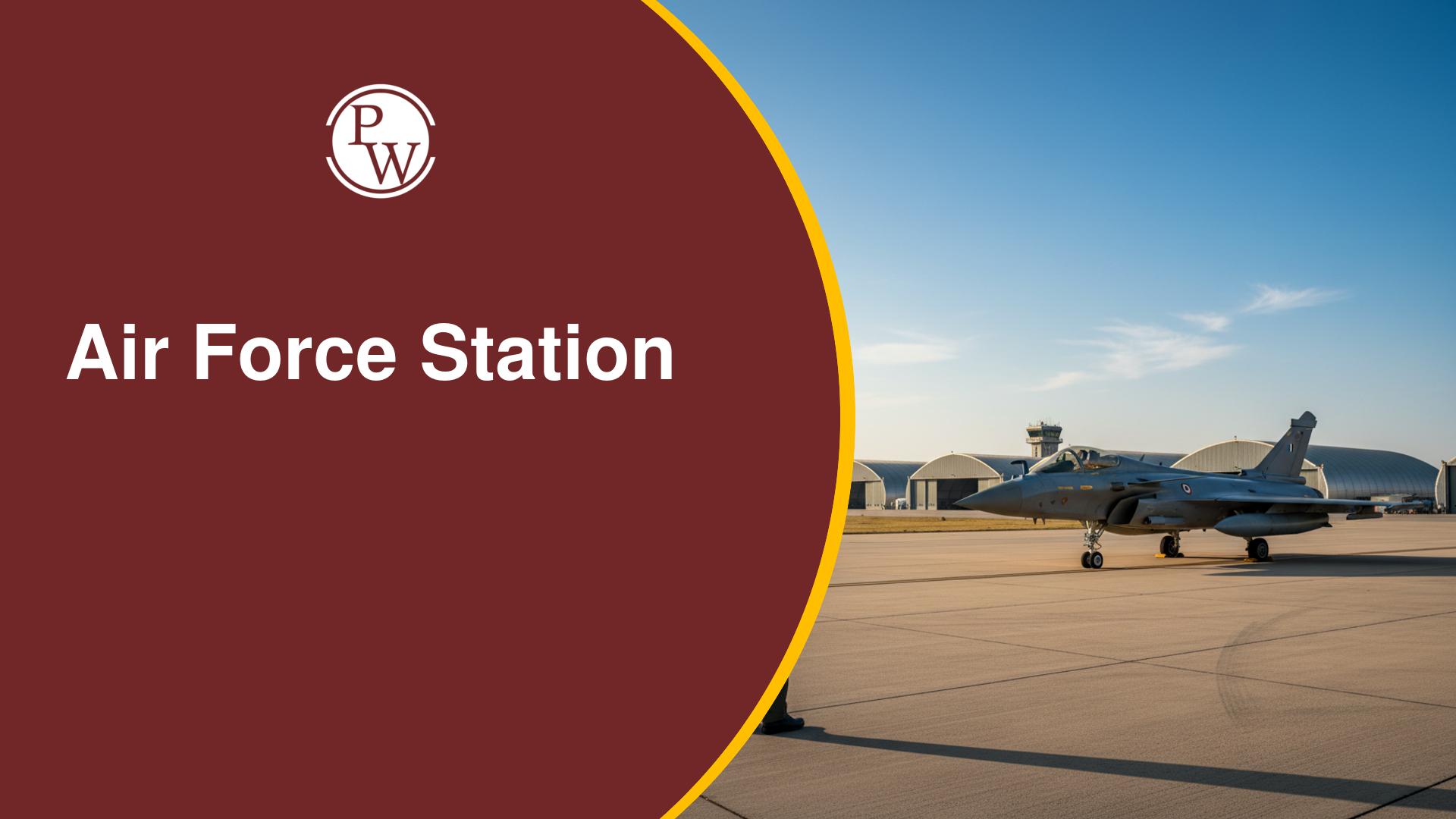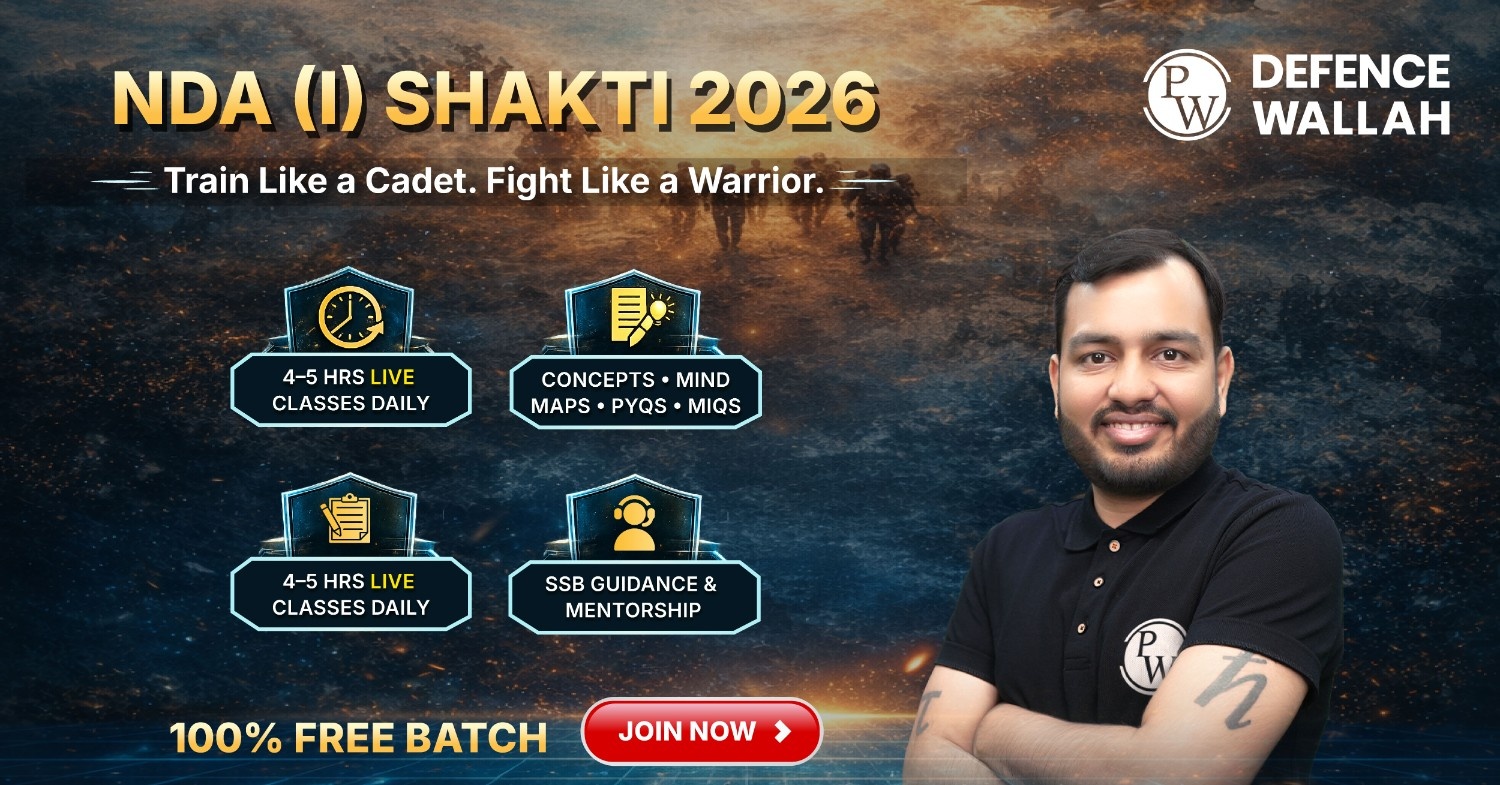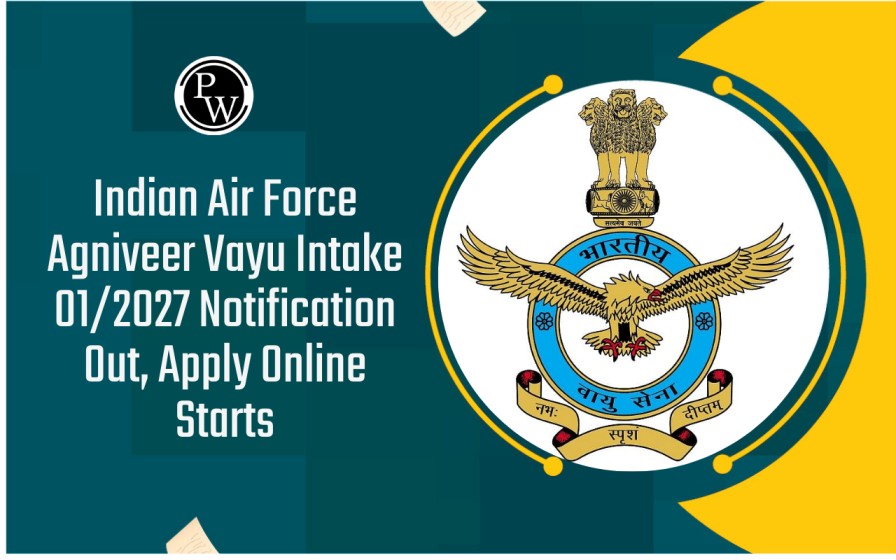
Indian Army History, Roles, and Functions: The Indian Army, often referred to as the "Land Forces" of the Indian Armed Forces, holds a significant place in the nation's security architecture. With a history that dates back to ancient times, the Indian Army has evolved over the centuries to become one of the strongest military forces of the world.
This article explores the rich history, diverse roles, and critical functions of the Indian Army in ensuring the safety, integrity, and sovereignty of the nation.
Historical Evolution of the Indian Army
The history of the Indian Army is a saga of courage, sacrifice, and unwavering dedication to the nation's defence. From ancient empires to modern conflicts, the Indian Army has evolved through the ages, adapting to changing times while upholding its core values. This article takes us through the remarkable journey of the Indian Army, from its origins in to its contemporary role as a defender of the nation's sovereignty.
Ancient Origins and Early Empires
The origins of organized military forces in the Indian subcontinent can be traced back to ancient civilizations. The Mauryan Empire, established by Emperor Chandragupta Maurya in the 4th century BCE, possessed a formidable army that utilized war elephants, infantry, and cavalry. The Mauryan Army's structure and discipline set the foundation for future military organizations.
The Gupta Empire, which flourished between the 4th and 6th centuries CE, continued this tradition, emphasizing the importance of a well-trained army. The Gupta rulers maintained large standing armies, utilizing advanced weaponry and tactics for defense and expansion.
Also Check, Indian Army to induct Apache Attack Helicopters in 2024Medieval Period and Mughal Influence
During the medieval period, the Delhi Sultanate and various regional kingdoms established military forces to protect their territories. However, it was the Mughal Empire that significantly shaped the organization and structure of the Indian military. The Mughal Army, under the leadership of Emperor Akbar, incorporated artillery, cavalry, and infantry into a cohesive force.
The Mughal Army's diversity reflected the empire's multicultural character, drawing soldiers from different regions and backgrounds. The Mughals also established a strong system of logistics and administration, ensuring the smooth functioning of their military endeavors.
Colonial Era and British Indian Army
The British colonial period marked a turning point in the evolution of the Indian military. The British East India Company established its own forces, which later evolved into the British Indian Army. The Sepoy Mutiny of 1857, a significant turning point in Indian history, highlighted the importance of unity and cohesion among Indian soldiers.
The British Indian Army participated in both World War I and World War II, earning praise for its valor and sacrifices on the global stage. However, the exploitation and discrimination faced by Indian soldiers led to discontent and calls for independence.
Post-Independence and Partition
The Indian Army came into its own with India's independence in 1947. As the British Indian Army was divided between India and Pakistan, both nations established their respective military forces. The Partition resulted in a challenging situation, with mass migrations and conflicts, such as the First Kashmir War.
The Indian Army played a pivotal role in the integration of princely states and maintaining stability during those tumultuous times. Its commitment to democratic principles and secular values cemented its position as the guardian of the nation's unity.
Wars and Challenges
The Indian Army faced its first major test during the Sino-Indian War of 1962. The conflict with China highlighted the importance of preparedness and border management. Subsequent wars with Pakistan, notably the 1965 Indo-Pak War and the 1971 Indo-Pak War, showcased the Indian Army's resilience and courage.
The Kargil War of 1999, fought against Pakistani infiltrators in the high-altitude region of Kargil, demonstrated the Indian Army's professionalism, determination, and adaptability.
Roles and Functions of Indian Army
The Indian Army is entrusted with multifaceted roles and functions that contribute to national security, internal stability, disaster management, and peacekeeping missions abroad. Some of its prominent roles include:
- Defending National Sovereignty : The primary role of the Indian Army is to safeguard the territorial integrity and sovereignty of the nation. It is responsible for protecting the borders from external threats and incursions.
- Dissuasion and Deterrence : The Indian Army serves as a deterrent against potential aggressors, signaling the nation's readiness to respond effectively to any hostile actions.
- Counterinsurgency and Counterterrorism : The Indian Army is deployed in conflict areas within the country to counter insurgent movements and combat terrorism. Its efforts are directed at maintaining internal stability and restoring peace in affected regions.
- Aid to Civil Authorities : The Indian Army plays a crucial role during times of natural disasters, providing humanitarian assistance and disaster relief. Its rapid response capabilities ensure that affected areas receive essential aid promptly.
- Peacekeeping Missions : India has a rich tradition of contributing troops to United Nations peacekeeping missions around the world. The Indian Army's professionalism, discipline, and commitment make it a sought-after force for maintaining peace and stability in conflict zones.
- Infrastructure Development : In remote and border areas, the Indian Army is often involved in infrastructure development projects. These initiatives enhance connectivity, accessibility, and economic development in these regions.
- Strategic Reserve : The Indian Army maintains a strategic reserve that can be rapidly deployed to address emergent security threats. This reserve acts as a flexible force that can be redirected to various sectors as required.
- Scientific and Technological Innovation : The Indian Army constantly adapts to evolving technological advancements, incorporating modern equipment and strategies to enhance its operational effectiveness.
Indian Army Major Operations
The Indian Army's history is marked by several remarkable achievements that highlight its competence, valor, and dedication:
- 1947-1948 Kashmir War : In the aftermath of partition, the Indian Army played a crucial role in securing the state of Jammu and Kashmir from external aggression.
- 1962 Sino-Indian War : The Indian Army faced a challenging conflict against China, marking an important lesson in preparedness and border management.
- 1965 Indo-Pak War : The Indian Army demonstrated resilience and courage during the conflict with Pakistan, highlighting its commitment to defending the nation's borders.
- 1971 Indo-Pak War : The Indian Army's decisive victory in the 1971 war led to the creation of Bangladesh and showcased its operational prowess.
- Kargil War (1999) : The Indian Army's successful operations in the Kargil conflict showcased its professionalism and determination.
- Peacekeeping Missions : The Indian Army has participated in numerous UN peacekeeping missions, earning accolades for its contribution to global peace.
Challenges Faced by Indian Army
While the Indian Army has consistently demonstrated its capabilities, it also faces various challenges:
- Border Security : Managing vast and diverse borders requires constant vigilance and technological innovation to prevent infiltration and incursions.
- Counterinsurgency Operations : Addressing internal security challenges while minimizing collateral damage remains a complex task.
- Modernization : The Indian Army is actively modernizing its equipment, infrastructure, and capabilities to keep pace with evolving threats and challenges.
- Terrorism : The persistent threat of terrorism requires continuous efforts to enhance intelligence, counterterrorism measures, and international cooperation.
The Indian Army's journey from ancient civilizations to the modern era is a proof to its resilience, dedication, and contribution to national security. Its diverse roles and functions consist defence, disaster relief, peacekeeping, and infrastructure development. Over the years, the Indian Army has proven its strategic planning through numerous achievements, including its successful operational history.
As the nation faces evolving security challenges, the Indian Army's commitment to safeguarding the country remains unwavering. Through its professionalism, discipline, and valor, the Indian Army continues to serve as a symbol of national strength, unity, and readiness to protect the sovereignty of the nation.
| CDS Notification Other Related Links | |
| AFCAT 1 2024 Notification | CDS Notification 2024 |
| UPSC CAPF Notification 2024 | NDA 1 Notification 2024 |
Indian Army, History, Roles, and Functions FAQ
Q1. What is the Indian Army?
Q2. What is the history of the Indian Army?
Q3. What are the roles of the Indian Army?
Q4. What major conflicts has the Indian Army been involved in?
Q5. How does the Indian Army address modern challenges?
Q6. What is the Indian Army's contribution to peacekeeping?
Q7. How does the Indian Army ensure personnel welfare?









